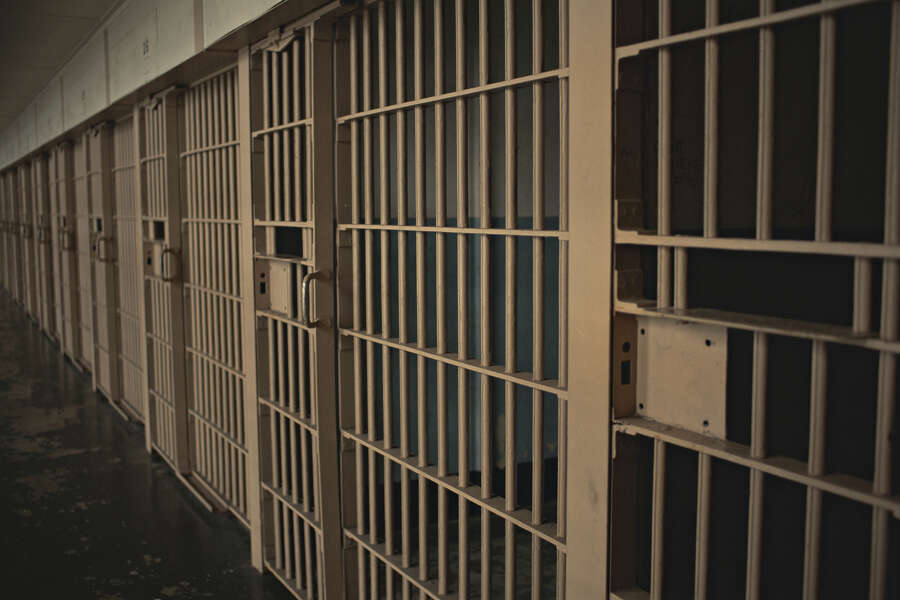‘Something We Haven’t Seen Before’: Why New York’s Plan to Give Marijuana Licenses to Former Convicts Is a Big Deal

Click here to read the full article.
New York will be issuing the first licenses to sell marijuana in the state to people who have been convicted of a marijuana-related offense, or a member of their family, The New York Times reports.
The policy is expected to be announced on Thursday by Gov. Kathy Hochul as part of legislation to ensure members of communities that have been adversely affected by the country’s long-held war on drugs – which has disproportionally impacted underrepresented and underserved communities – are first to receive licenses. Half of all marijuana-related licenses are also earmarked for women, minorities, distressed farmers, and veterans. Since New York became the 15th state to legalize marijuana last year, the discussion of how to ensure a diverse industry within the state has been a priority for both advocates and lawmakers.
Hochul proposed $200 million from this year’s budget to support the new businesses. The funds would be used to find and renovate storefronts for retailers, which is crucial with New York’s exorbitant real estate prices.
New York’s funding is the definitive factor in better assisting social equity applicants where other states have fallen short. “Not only is it just identifying this group of people within equity applicants as having this priority – priority has also been given in other states. But ostensibly these individuals will also be able to tap into the $200 million debt fund that New York has identified will be created and then administered through DASNY [Dormitory Authority of the state of New York, which helps finance capital projects] for the build out of these spaces,” Cristina Buccola, an attorney, advisor, and advocate in the cannabis space, tells Rolling Stone. “So it’s not only priority, it’s also matching priority with actual money. And that’s something we haven’t really seen before.”
The move seems a preemptive decision on New York’s part to avoid the issues other states have had in creating social-equity among applicants and other small marijuana businesses who have difficulty competing with large, more financially viable corporate companies.
“When you think about how companies outside of cannabis usually get money for their operations – a bank loan – that’s not available to businesses in cannabis generally. And moreover, these individuals come from communities or may have been historically red line by banks because of their records,” Buccola adds. “So they’re not necessarily going to be the first in line that a bank would give loans to notwithstanding cannabis as the industry in which they’re entering. So this is – I cannot underscore the importance of matching capital to priority in this regard.”
Chris Alexander, the executive director of the state’s Office of Cannabis Management, told the Times that he expected between 100 and 200 licenses to go to those who were convicted of a marijuana-related offense before it became legalized. Evaluations will be based on their business plans and retail experience. The early wave of dispensaries are expected to open in the state by the end of 2022. There is currently no cap on how many retail licenses will be issued. Officials said it will be dependent on the market.
Sign up for Rolling Stone’s Newsletter. For the latest news, follow us on Facebook, Twitter, and Instagram.